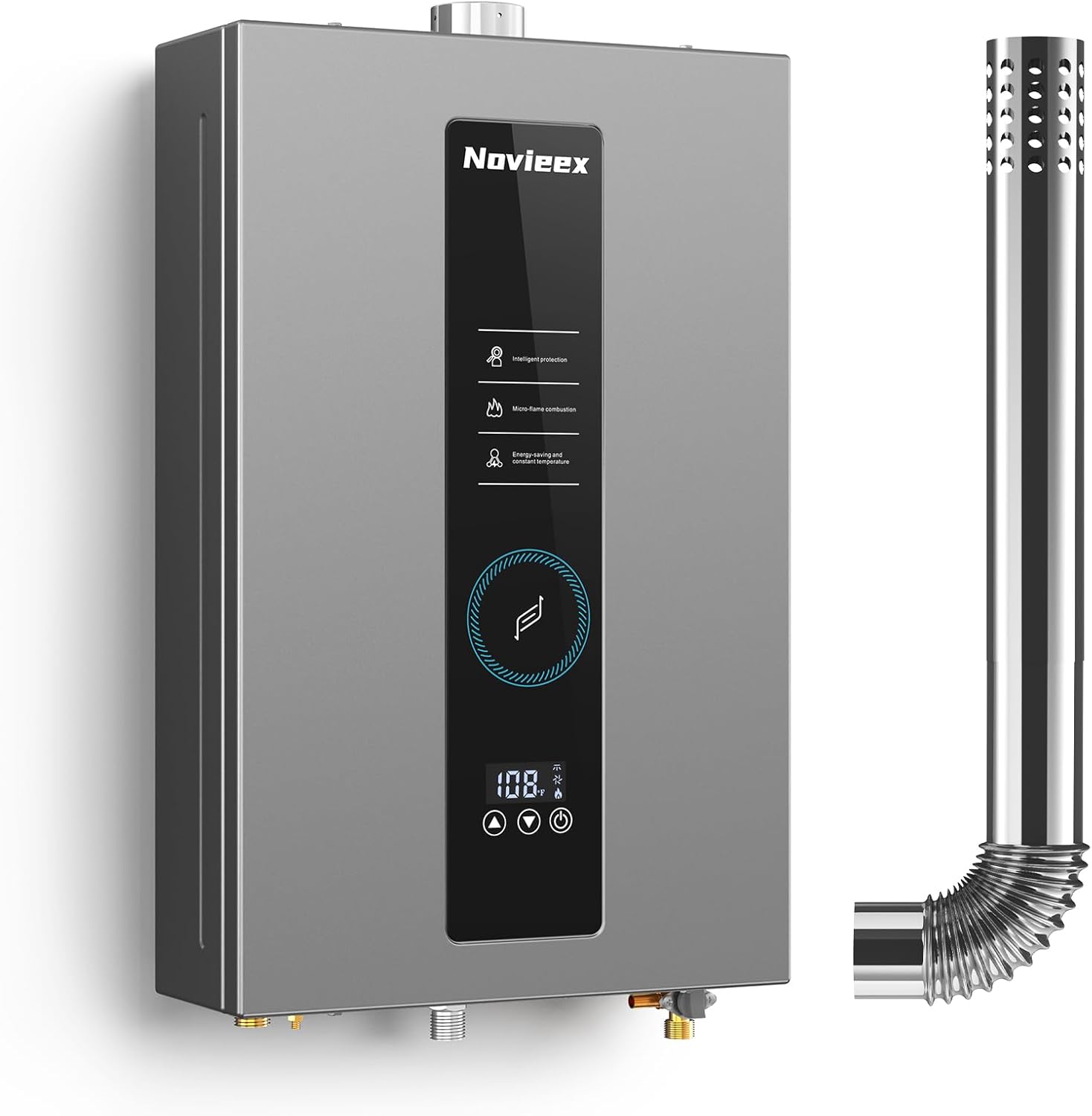Electric space heaters can cause health issues like dry skin or respiratory problems if used improperly or in poorly ventilated spaces, but they are generally safe when used correctly.
Electric space heaters provide targeted warmth but may cause health issues if used improperly. While they don’t directly make you sick, improper use can lead to respiratory irritation, dehydration, and other discomforts. Understanding these risks helps you stay warm safely.

How Electric Space Heaters Affect Your Health
Electric heaters work by converting electricity into heat through metal coils or ceramic elements. This process creates dry heat that can impact your indoor environment and health in several ways.
Dry Air and Respiratory Issues
Electric heaters reduce humidity levels dramatically. The U.S. Department of Energy notes that convection heaters circulate dry air, which may cause:
- Throat irritation and coughing
- Dry, itchy skin
- Increased susceptibility to colds
- Worsened allergy symptoms
Dust and Allergen Circulation
Many space heaters use fans to distribute warm air. This can stir up dust particles and allergens in your home. People with asthma or allergies may experience:
- Increased sneezing
- Watery eyes
- Nasal congestion
Overheating and Dehydration
Small rooms heat quickly, potentially creating an overly warm environment that leads to:
- Headaches
- Fatigue
- Dehydration

Comparing Heater Types and Health Impacts
| Heater Type | Health Considerations | Best For |
|---|---|---|
| Ceramic | Gentler heat, less drying | Bedrooms, small spaces |
| Oil-filled | Maintains humidity better | Living areas, longer use |
| Infrared | Direct heat, less air movement | Spot heating |
Preventing Health Problems from Space Heaters
Maintain Proper Humidity
Combat dry air by:
- Using a humidifier
- Placing water bowls near heat sources
- Adding houseplants
Choose the Right Heater
Consider electric heaters with humidifiers or models that maintain better air quality. Look for:
- UL certification
- Adjustable thermostats
- Tip-over protection
Proper Placement and Use
Follow these guidelines for safer operation:
- Keep heaters 3 feet from furniture and bedding
- Don’t run continuously for more than a few hours
- Clean filters regularly if equipped
When to See a Doctor
Consult a healthcare professional if you experience:
- Persistent respiratory symptoms
- Frequent headaches when heater is on
- Unexplained fatigue
As noted in indoor heating safety guides, proper ventilation remains crucial even with electric models. Open windows periodically to refresh air quality.
Alternative Heating Solutions
For those particularly sensitive to electric heaters:
- Radiant floor heating
- Hydronic baseboard heaters
- Properly insulated clothing
Remember that electric space heaters are generally safe when used correctly. The Department of Energy emphasizes proper sizing and placement as key to both safety and comfort.

